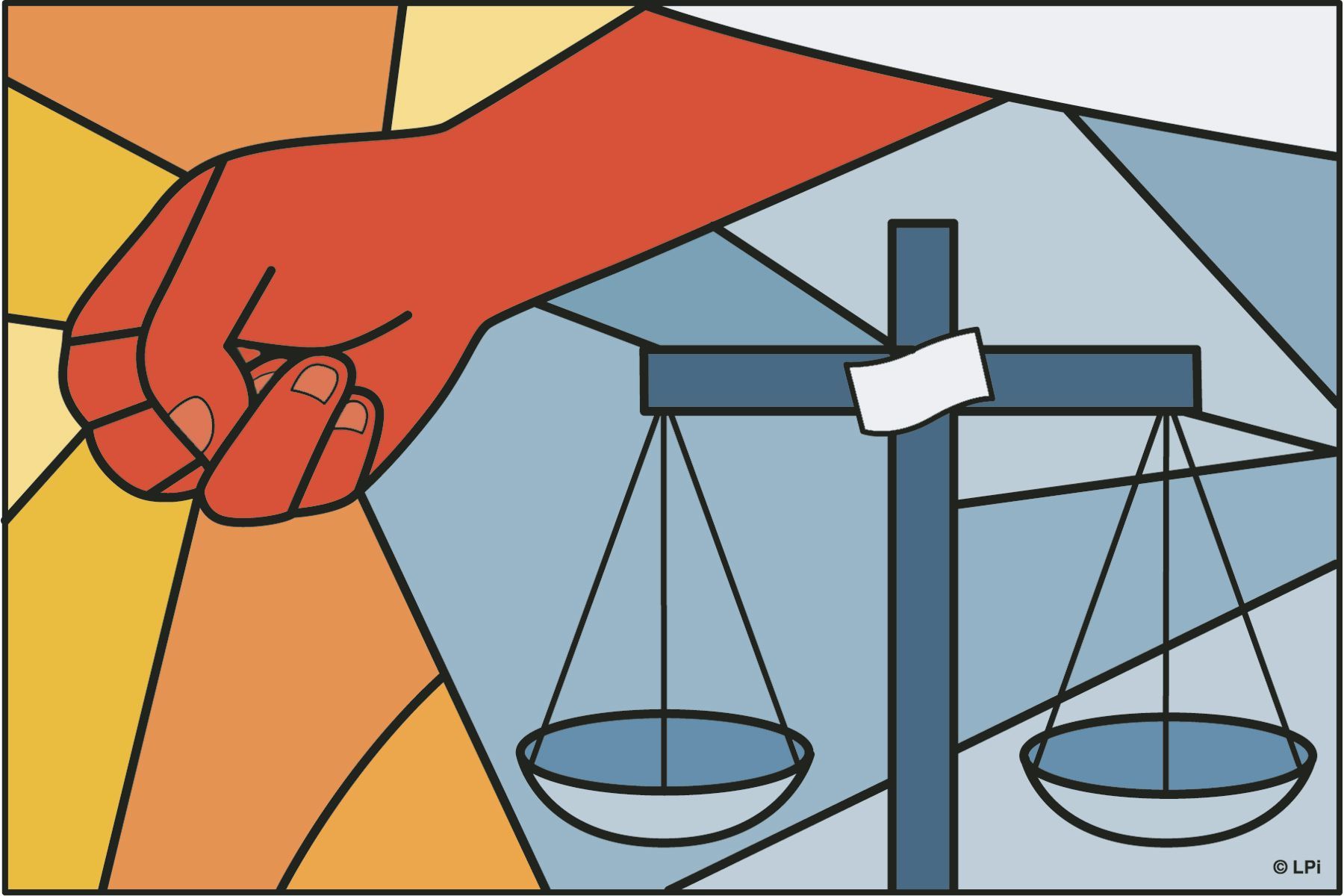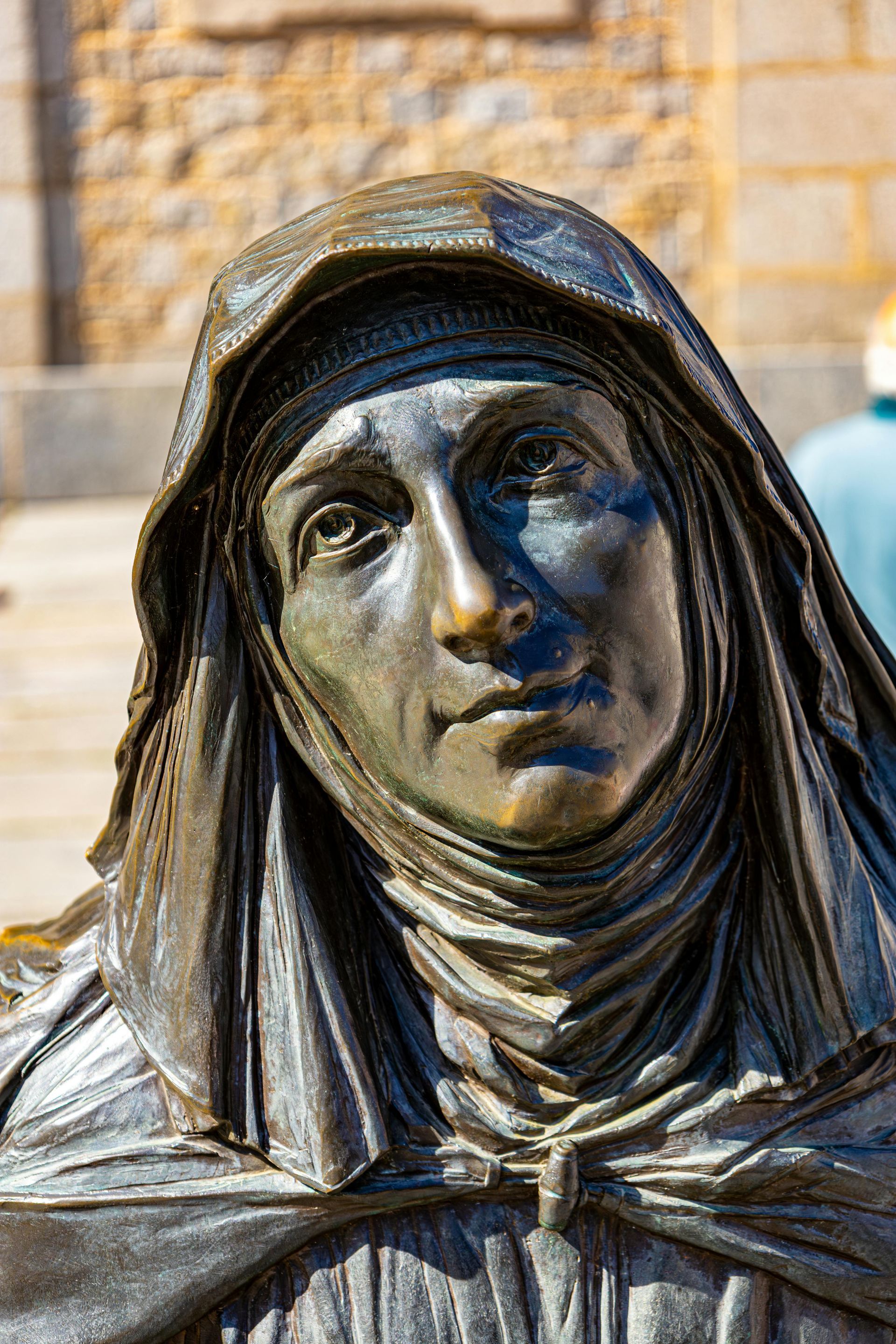Easter Vigil March 30, 2024
Easter Vigil
March 30, 2024
We began the Lenten Season with fire, and we ended Holy Week with fire. 50 days ago, we burnt the palm from last year’s Palm Sunday liturgy and today we lit the Easter fire. Fire is the sign of the spirit. (Isn’t it interesting that we see so many visitors when we deal with palm. They come for ashes and palms.) The spirit lead Jesus and us into the desert. We walked in the darkness of our sin, and we thirsted for the water of baptism to renew us in our journey in the desert.
The fire of palms and Easter is a fire that overcomes the darkness of our lives. Darkness is more about the inability to discern objects often the ability to see is about seeing beyond the concrete world into the other world. In the gospels it is the blind who see most clearly. The blind cry out “Son of David”, they see beyond the outside of Jesus into his messianic person, born in the line of David. Those who are blind find that their other senses become clearer.
This year I had number 5 and 6 surgeries on my eyes. My vision is something I have come to take for granted. I am glad doctors and surgeons can accomplish so much these days.
When I had my first large tear, surgery number 3, I was scheduled to travel to Rome for the canonization of Kateri Tekakwitha. I could not fly to Rome because of the gas bubble placed in my eye to hold the tear in place. I recalled that our local saint had vision problems due to smallpox as a girl. Tekakwitha means to feel around. I prayed and asked the pilgrims to pray, and my doctor told me I was fortunate to have any vision in my right eye. A year later I developed a tear in my left eye, a giant tear. Once again, our local saint came through. 2 years later I was sent to be vicar in the Mohawk Valley just down the road from the Kateri shrine.
Kateri was one of those people who could see with the eyes of faith, she had difficulty seeing the light and objects around her, but when she heard the words of the Jesuit missionaries she came to believe in Christ and his promises.
This year I met another girl who could see clearly with her eyes of faith. Marie-Laure LeBlanc in the book and series All the Light we cannot see sees clearly what is most important in life. This is what Elizebeth Hamilton has to say about the series “ …this is a miniseries about how sight can be deceptive. What looks one way, might be another. The invisible may be what matters most. The one who is blind may be able to see best.
Marie-Laure is quoted as saying “The most important light of all is the light we cannot see.”
The story takes place in the contest of Nazi occupied France. Marie-Laure as a child listened to radio broadcasts from the “Professor” when she is evacuated to friends of her father, she discovers the Professor is her host. She uses his radio to make her own broadcasts, some are used to transmit coded messages to the underground. He father has taken a gem from the museum and a Nazi wishes to find it because there is a legend it gives eternal life to the bearer.
There are many references to light in the story, Like the stories of the gospel healings, often Mari-Laure sees more clearly than many around her.
Another fan of the professor’s broadcasts is a German boy. He is tasked to seek and destroy the woman who is broadcasting readings from Jules Verne that in code give messages to the underground. Werner discovers affection for the broadcaster and seeks to protect her. She sees something good in him, even though he has conspired with the Nazis.
Hamilton again: viewers might go so far as to see a vision of the kingdom of God in this story, an upside down, hidden world that nonetheless exists, and is in face even more important and meaningful that what we can see with just our two eyes.” ….
Love is stronger. Love cannot be touched by pain. Love, ultimately, is the most important light we cannot see-and idea that once again recalls passages from the gospel where Jesus, who so often sees goodness where others see nothing, associates himself, his love his life with light. As their dear professor puts it, ‘Darkness last not even for one second when you turn on the light.”
All of us in our Lenten journey have been seeking for the light. Our fasting, our prayer, our alms are to provide us with a new light to see ourselves and the world in a new way.
I came to appreciate the gift of light that helped to illuminate the missal pages as I prayed the prayers at mass. Thank God for word-processes that allowed the words to be enlarged. I was told by members of the congregation that the words were visible from the pews. Isn’t it wonderful that God has provided men and woman who know how to heal broken eyes and bodies. Not too many years ago, I would have been blind forever. Thank God I didn’t have to shop for a white cane. I am thankful for a car that has safety features that keep me safe as I drive.
I stopped taking things for granted. I discovered we live in a world designed for the young and healthy. The labels on my eye drop bottles are so small I need a magnifying glass to read them. Thank God the caps are color coded. Why do all my appliances have black letters on a black background?
I pray that what I cannot see with my eyes I see with my eyes of faith. With the eyes of faith, one sees medical breakthroughs as a miracle. One sees the power of intercessory prayer as real. The words of scriptures and the psalms are words of the truth of God’s presence in our world.
Our 40 days in the desert were not wasted they served to sharpen our sight, as they did for Jesus. Back to the story All the light we cannot see.
Another fan of the professor’s broadcasts is a German boy. He is tasked to seek and destroy the woman who is broadcasting readings from Jules Verne that in code give messages to the underground. Werner discovers affection for the broadcaster and seeks to protect her. She sees something good in him, even though he has conspired with the Nazis.
Hamilton again: viewers might go so far as to see a vision of the kingdom of God in this story, an upside down, hidden world that nonetheless exists, and is in face even more important and meaningful that what we can see with just our two eyes.” ….
Love is stronger. Love cannot be touched by pain. Love, ultimately, is the most important light we cannot see-and idea that once again recalls passages from the gospel where Jesus, who so often sees goodness where others see nothing, associates himself, his love his life with light. As their dear professor puts it, ‘ Darkness last not even for one second when you turn on the light.”






